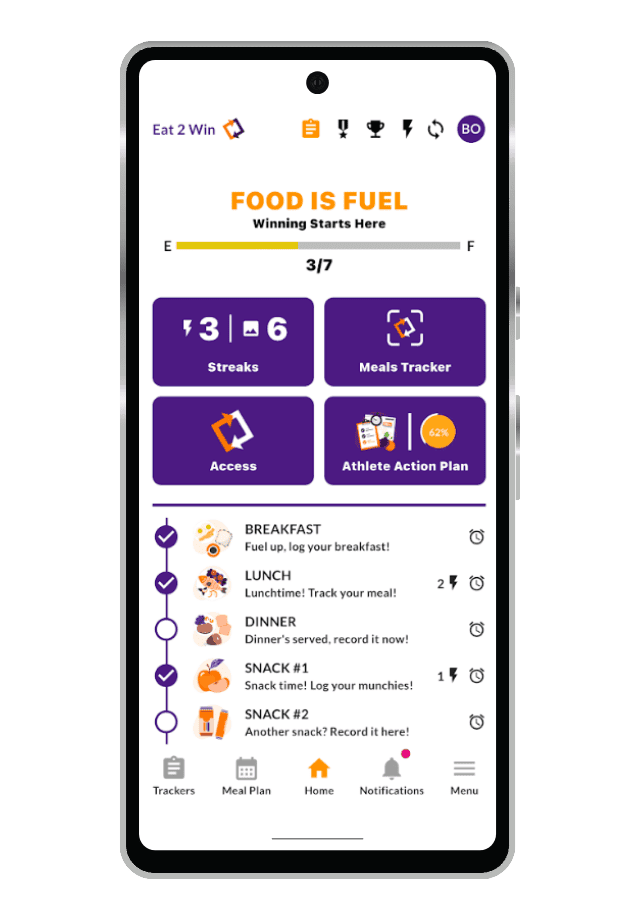Next Level Podcast with Host Tavis Piattoly, MS, RD, LD

Tavis Piattoly, MS, RD, LDN
Host and Presenter
Sports Dietitian
Co-founder of My Sports Dietitian
Why do Athletes Take Supplements?
Dietary supplements for athletes are intended to supplement the diet and provide nutrients, such as vitamins, minerals, fiber, fatty acids, or amino acids, that may be missing or may not be consumed in sufficient quantities in a person’s diet. In a research study we conducted analyzing 25,000 high school athletes, over 55% were taking dietary supplements to improve health and performance. Dietary supplements, however, are not regulated in the same way as food or drugs. Third party certifications, such as NSF exist to help reduce the chances of an athlete consuming a banned substance.
In addition to improving health and performance, athletes turn to supplements to increase muscle size, strength, and improve muscle recovery. A supplement is not a magic pill that will result in an immediate increase in performance. On the other hand, there are supplements we believe can improve the health of an athlete, protect their body, and help it recover from the day to day stress it experiences from practice, weight lifting, and game day performance.
Podcast Notes
1) Do athletes need supplements to enhance performance?
2) Do athletes need to be concerned about supplements on the market?
3) What are the concerns with young athletes and dietary supplements?
4) Research on Supplement Use in 25,000 Athletes
5) Are there any supplements that may be beneficial for athletes to take?
Podcast Transcript
0:00 Tavis Piattoly Introduction
4:31 What are the concerns with young athletes and dietary supplements?
- There are several concerns regarding young athletes and dietary supplements, with the number one being lack of knowledge. There are some athletes that go on the Internet and do their research, however, it is hard to understand all the information on products when there are 41,000 supplements on the market (probably up to 45,000 now). This lack of knowledge may then make young athletes more vulnerable to taking products that they shouldn't take or more vulnerable to someone who is behind the counter of a supplement store that also lacks the knowledge. In addition, young athletes particularly think that more is better when that isn’t the case.
- Another concern is that there are a lot of parents and coaches selling supplements to their athletes. There are tons of pyramid schemes out there, and overall, they’re not very effective. It’s important to note that just because a professional athlete uses a product, does not mean that it’s good. Oftentimes, supplement companies will look for a professional athlete to endorse a product, and that tends to trickle down to the college and high school athletes.
- Another concern is the supplement store staff. After doing some research in supplement stores, it was found that some individuals were recommending products that could be potentially harmful, stimulants, and an excessive amount of products. In addition, the employees did not ask what the athlete’s diet looked like.
- Finally, there is a lack of research that looks at the effects of dietary supplements on healthy individuals under the age of 18, primarily because not many research organizations or universities will approve a study on this population with supplements.
13:32 Do athletes need supplements to enhance performance?
- At the high school level, Tavis’s answer is no, as dietary habits can be fixed. Some supplements that may be recommended at this age would be:
- Multivitamins, if the athlete’s diet is lacking fruits and vegetables and color. This can help ensure that they are getting the nutrients that they’re not getting from food.
- Omega-3, particularly from fish oil, and preferably triglyceride or phospholipid based. Omega-3’s have strong evidence when it comes to muscle recovery and reducing inflammation.
- Protein powder that is third party tested, if the athlete needs a convenient way to get enough calories each day.
- At the collegiate and professional levels, we start to see an increase in dietary supplement use, however, with colleges that have sports dietitians, athletes are being advised that food comes first because you won’t reach your goals without a good diet. Once a good diet is established, the sports dietitian may recommend some products.
18:15 Are there any supplements that may be beneficial for athletes to take?
- If an athlete has done everything they need to do diet wise, we can start to think about what we can do to get them to the next level, and that's where products that are safe, tested, and use clean ingredients can be beneficial. Examples include omega-3 fish oil, protein powders, and multivitamins.
- For creatine, it is dependent on age. Creatine would not be recommended for an athlete under 18 since there is no science behind it. Over 18, we first want to look at the diet. Once they’re diet is where it needs to be calorically, we can look at small doses of BCAAs or B-alanine and ensure that parents, athletic trainers, and doctors are aware of the use.
- When it comes to higher level athletes that are already taking products, it comes down to cleaning up those products.
20:35 Information on third party testing
- The leading organization that does third party testing is NSF. On NSFsport.com, you will see a list of products that are certified. Since there’s no regulation in the sports supplement/dietary supplement industry, when the product is manufactured, it gets put on the shelf, and it’s up to the athlete to do their own research. On the other hand, when a product is manufactured, it’s up to the company to decide if they want a stamp of approval.
- In addition to NSF, other third party testing companies include Informed Choice and the Banned Substance Control Group. With third party testing, it doesn’t mean the product is 100% clean, but it minimizes risk for banned substances being inside the product.
- Even though young athletes may not be tested for banned substances, third party tested products are still recommended for their cleanliness. When a product gets made, if it's not done in a facility that follows good manufacturing practice guidelines, then the risk of cross contamination and the purity of raw materials come into question.
23:50 Tavis Piattoly Closing Remarks
- There isn’t a magic pill when it comes to getting bigger, stronger, and faster. The magic pill is in the athlete’s diet.
- My Sports Dietitian has a course on muscle growth, called Build Muscle, Improve Strength, and Gain Energy and it’s all done through nutrition.
- For younger athletes, don’t rush to take products; and for collegiate and professional athletes, make sure to take the right products to avoid being suspended.
Eat 2 Win Nutrition App
Fuel the Champion Within
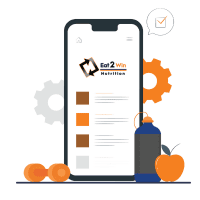
Trackers
Stay on target with cutting-edge trackers that monitor every step of your journey, ensuring you never miss a beat.
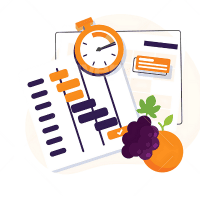
Meal Plan Guides
Simplify your nutrition with easy-to-follow, personalized meal plans that fuel your performance.
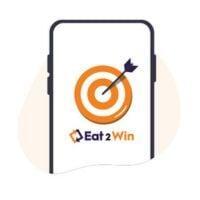
Gamification
Stay motivated and engaged by earning rewards and climbing leaderboards as you hit your fitness and nutrition goals.

Access a Sports Dietitian
Get expert guidance and personalized support from a certified Sports Dietitian whenever you need it.
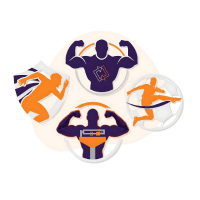
Personalized Programs
Unlock your full potential with personalized programs meticulously crafted to match your unique lifestyle and fitness aspirations.

